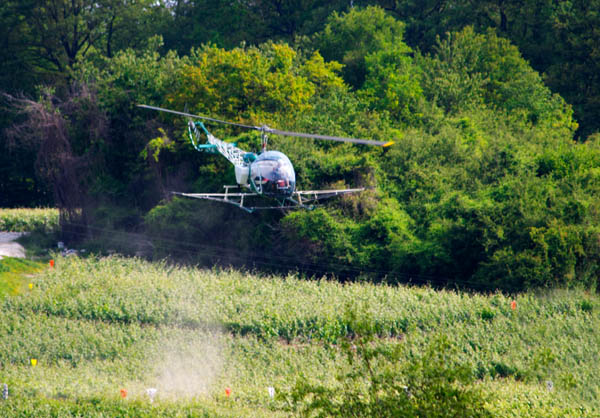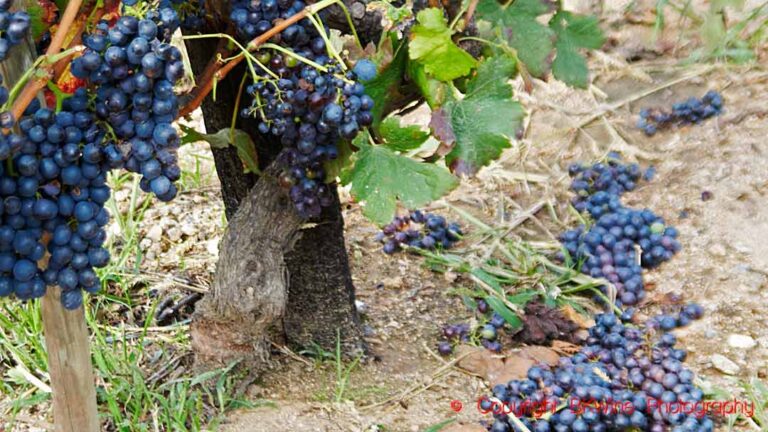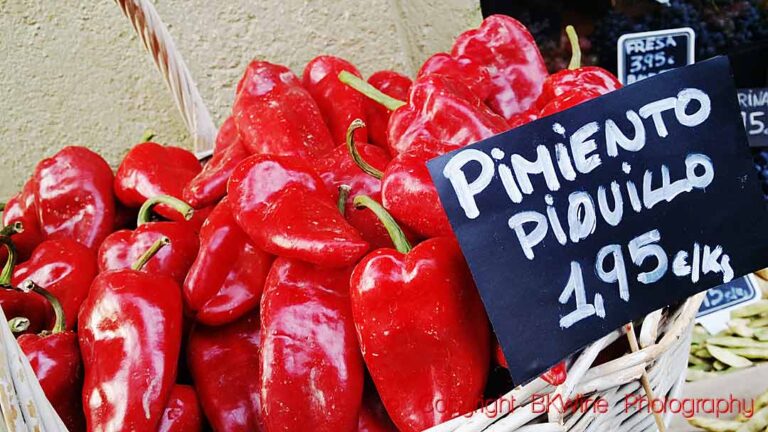At the end of May, the EU Commission will decide whether to keep the present levels of copper permitted for organic growers or if the levels should be reduced. Currently, organic growers are allowed to use a maximum of six kilograms of copper per year and per hectare. Or more precisely, it is counted as an average over five years, so 30 kg/ha over 5 years. However, the EU would like to see the levels reduced to 4 kilos, i.e. 20 kg/ha over five years.
ITAB, the French Technical Institute for Organic Farming (Institut technique de l’agriculture biologique), now says in a report that it is impossible for organic growers to reduce treatments to 4 kilos. And maybe not necessary either because the Institute also believes that for the moment it is not possible to say how dangerous copper is for the environment. More research is necessary, they say.
ITAB apparently does not agree with a report published by Efsa, the European Food Safety Authority, that at the end of last year that pointed to a number of environmental hazards with copper spray. Efsa mentions the danger to earthworms, bees, birds and aquatic organisms.
Copper is used to control certain fungal diseases, for instance downy mildew (mildiou). Conventional wine growers use either copper or a synthetic product.
Read more on Mon-viti.com.
You can read more on the environment an on environmental issues in the book Wine and The Environment, Organic, Biodynamic and Natural Wine-making.











